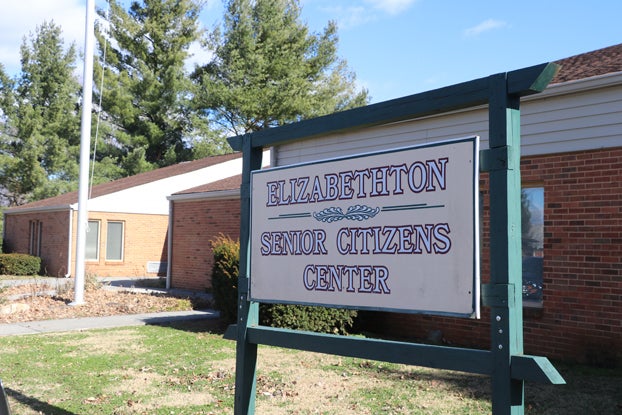State declares ‘WIGS’ rollout a success
Published 9:14 am Tuesday, July 5, 2016
On Friday morning some local retail food stores began selling wine as July 1 marked the official start of a change to the state’s alcohol regulations.
The roll out of “wine in grocery stores,” also called WIGS, represents a milestone in the alcoholic beverage history of Tennessee.
On the launch date of WIGS, a total of 459 retail food stores in the state were licensed to begin selling wine. According to the Tennessee Alcoholic Beverage Commission, all of the applicants who had submitted the necessary paperwork now hold a license to begin selling wine.
Three of those stores are located here in Elizabethton: Food City located at 920 Broad St.; Ingles located at 768 W. Elk Ave.; and Walmart located at 1001 Overmountain Drive.
“We are very appreciative of the hard work and efforts of the Tennessee Alcoholic Beverage Commission in processing all 69 of Food City’s wine licenses,” said Steven C. Smith, President/CEO of Food City. “We are excited to be able to provide a much requested product to our consumers and look forward to working with the new Commission Director, Clay Byrd and his staff to refine this process even further.”
In the weeks and days leading up to Friday’s rollout, staff and inspectors with the TABC were exceptionally busy trying to prepare for the launch of WIGS. According to Byrd, ABC agents completed 578 site inspections by the end of business on Wednesday, and TABC staff had completed reviews of 578 applications.
According to Byrd, Friday marked the culmination of an enormous amount of hard work of Tennessee legislators, staff at the ABC, and industry representatives. He said WIGS illustrates that with cooperation, hard work, and professionalism, the public and private sectors can work together towards a common objective to ensure the success of a dramatic change in the law.
The process to change the state’s laws regarding the sale of alcohol in order to permit retail food stores to carry wine began more than two years ago.
In March 2014 Gov. Bill Haslam signed into a law a bill authorizing local option referendums to permit the sale of wine in retail food stores. Under the law, only those municipalities that had already approved allowing retail package stores or liquor-by-the drink establishments, or both, could pursue the local option to allow wine in grocery stores.
In the November 2014 election, Elizabethton was one of 80 city or county governments across the state to feature a local referendum allowing the sale of wine at grocery stores, big-box retailers and convenience stores. The measure was approved by city voters by a margin of 61.66 percent to 38.34 percent. A total of 1,785 city residents voted for the measure while 1,110 opposed it.
The bill signed by Haslam provided time for the TABC to set regulations as well as allowing a transition period for existing package stores to adjust to any shift in the state’s alcoholic beverage laws.
“The ABC cooperated with corporate executives, small business owners, legislators, industry representatives, and various state agencies to effectively implement a dramatic change in the law,” said TABC Commissioner Mary McDaniel. “Commissioner (John) Jones, Commissioner (Bryan) Kaegi, and I commend all parties involved for this hard work. As a commission, we remain committed to fostering a business-friendly environment that enforces the state’s law in a responsible manner and in a spirit of fairness and equity”.
Remaining applications, which were mostly submitted in late May or mid-June, generally require proof of responsible vendor training for clerks and at least one designated manager before a license may be issued. Staff continues to consult with stores without a license to ensure all the requirements are completed.
While the newly licensed stores began selling wine on Friday, Byrd reminded the public about state restrictions on sale dates.
“Licensed retail food stores in the state are authorized to sell wine July 1st and 2nd; however, under state law, the sale of wine is prohibited on Sunday and the Fourth of July holiday” said Byrd. “We want to encourage the public to be safe this weekend and to ask the industry to be diligent in fulfilling the detailed provisions of the new law.”



